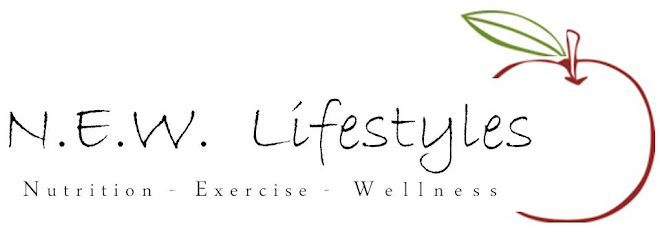Thank goodness the days of extremely low/no fat diets are behind us! Let’s be honest, did anyone lose weight by following that regimen? According to several studies, the answer is no. In the 1960s, Americans ate 45% of their calories from fat – and only 13% of us were obese. Now, while most of us get only about 33% of our calories from fat, and 34% of us qualify as obese! Even though many people have moved on to making carbs the enemy (which they aren’t, FYI), some people still fear eating foods with fat. My goal is to inform you of why you shouldn’t be afraid to drizzle a little olive oil or add some avocado to your sandwich…
First, let’s take a look at what fat does for your body… Fat make up 60% of your brain and is essential to brain function, including learning abilities, memory retention and moods. Fat helps keep your body’s cells flexible, and is responsible for building cell membranes. As for your heart, certain fats are used to help keep the heart beating in a regular rhythm. Fats also compose the material that insulates and protects your nerves. Fats help cushion your organs, and ease inflammation. Eating fat with your meal will also slow down the digestion process and leave you feeling fuller and satisfied for longer. And did you know that vitamins A, D, E and K can only be absorbed by your body in the presence of fat?
Often when people try low fat diets, they swap cookies for fat free cookies and salad dressing for fat free salad dressing. This is when the problems start. When companies remove the fat from their products, they usually substitute the lack of fat with sugar, resulting in a product that is going to leave you less satisfied and send your blood sugars through the roof… not a good combination. I am not suggesting that you stick with the your original diet of full fat cookies and chips, but instead, cut down on those processed foods and add in more natural, healthy fats in moderation.
How to choose the healthy fats… First the “good fats”
Monounsaturated fats lower bad (LDL) cholesterol levels, while increasing good cholesterol (HDL). Example of monounsaturated fats are: vegetable oils (olive oil, canola oil, peanut oil, sunflower oil and sesame oil), avocados, peanut butter, and many nuts and seeds.
Polyunsaturated fats can also lower total cholesterol, lower LDL cholesterol, lower triglycerides and fight inflammation. Examples of polyunsaturated fats include: vegetable oils (soybean oil, corn oil and safflower oil), fatty fish (salmon, mackerel, herring and trout), some nuts and seeds such as walnuts and sunflower seeds. Those wonderful OMEGA-3 fatty acids you hear so much about are in this group!
On the “bad” side of fats…
Saturated fat can raise your total blood cholesterol and you bad (LDL) cholesterol. Saturated fats usually occur in animal products, like meat, eggs and dairy. Try and limit saturated fats to less than 7% of you’re your daily calories (says the American Heart Association). When you do have meat or dairy, choose the lower fat options.
Trans fats are the worst. They can not only raise your bad LDL cholesterol, but also lower the good HDL cholesterol. Transfats are manmade and are put in processed foods to help extend their shelf life. Look out for these in baked goods, crackers, processed anything, etc. Important! Even though companies are required by law to list transfats on their nutrition labels, there is a loop hole. If there is less than .5g/serving, they can list it as 0 transfat. To be sure, make sure the ingredients “partially hydrogenated” or “shortening” (yes, shortening can contain some transfat) do not appear on the label. Contrary to what you may think, if a label says it has “fully” or “completely” hydrogenated oils, it doesn’t have transfats. Counterintuitive, right? But if the label just says hydrogenated oil, stay away because you don’t know if they are partially or fully hydrogenated.
Phew, this blog is getting a little long, so I‘m going to go ahead and sum things up. Yes, even though all fats (including healthy fats) are the most calorie dense nutrient (9 calories/ gram), eating healthy fats as part of your balanced diet will not make you fat; in fact, it will help improve your health. Just be aware and choose mono and poly unsaturated fats instead of attaining your daily fat allowance through chips and onion dip. Any questions?

No comments:
Post a Comment